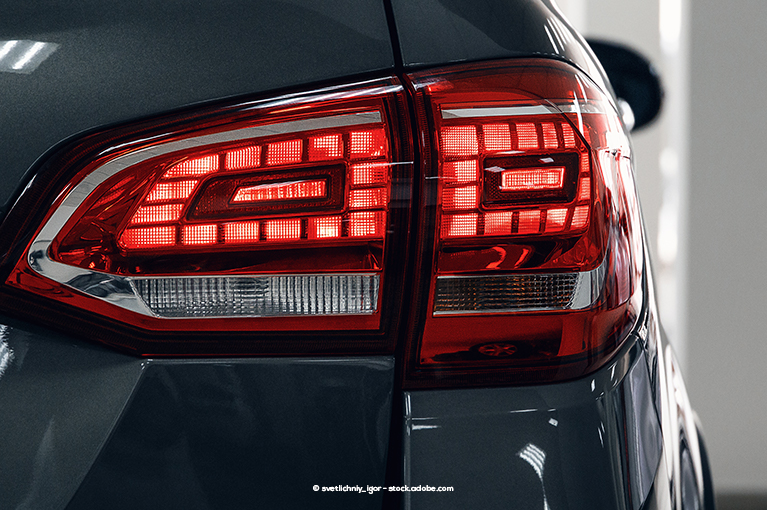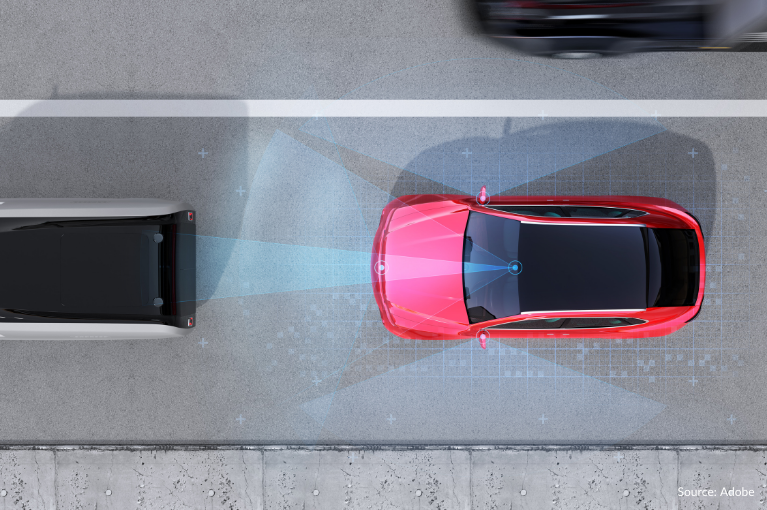Update: This lawsuit has been consolidated into a larger class action lawsuit: In re Nissan North America, Inc. Litigation.
Several Nissan models may come with a safety system called “Forward Emergency Braking” or “Automatic Emergency Braking,” which is designed to detect obstacles such as cars and pedestrians.
When it detects an obstacle, it is supposed to give a warning to the driver, and if the driver does not respond in time, the system is supposed to trigger the brakes, saving the driver from an otherwise dangerous crash.
However, a class action lawsuit filed in 2018 alleged that the “Forward Emergency Braking” (FEB) system is inherently defective. Drivers of some 2015–Present Nissan vehicles claim that the FEB systems detect non-existent obstacles and, upon detection of objects that are not actually present, trigger the brakes. This brake activation will appear at random, and can occur in unsafe situations, such as the middle of an intersection.
The FEB system allegedly is also prone to suddenly shutting off. When this happens, the following warning appears on the dashboard: “Front radar unavailable due to obstruction.”
 The lawsuit affects the following vehicles:
The lawsuit affects the following vehicles:
• 2015–Present Nissan Rogue
• 2015–Present Nissan Rogue Sport
• 2015–Present Nissan Murano
• 2015–Present Nissan Altima
• 2015–Present Nissan Maxima
• 2015–Present Nissan Armada
• 2015–Present Nissan Pathfinder
• 2015–Present Nissan Leaf
• 2015–Present Nissan Sentra
• Other 2015–Present Nissan vehicles with the FEB defect
The effects of this alleged defect include the feature suddenly becoming inoperable, sudden stops and sudden slow-downs, even as the vehicle drives into oncoming traffic.
Despite the alleged presence of the FEB defect, Nissan allegedly did not issue a recall or offer a suitable repair or free replacement at the time the lawsuit was filed. Not only that, Nissan allegedly knew about the defects well in advance, thanks to means not accessible to consumers. These means include pre-production testing, consumer complaints to the manufacturer, warranty data and dealership repair orders.
Drivers with the vehicles listed in the complaint may find themselves automatically included in the class action lawsuit. If this class action lawsuit is certified to proceed, those who purchased these vehicles may need to opt out by certain deadlines in order to pursue an individual lemon law case.
The California Lemon Law allows owners and lessees of defective vehicles to receive one of three rewards from an automaker: cash compensation, vehicle replacement or lemon law buyback. However, it is difficult for such drivers to get these rewards without the help of a California lemon law attorney.
If you suspect that your Nissan vehicle is equipped with a faulty autonomous braking system, fill out the form below or call Knight Law Group at 877-217-7676 for a free lemon law consultation.
Lemon Law Help by Knight Law Group is an automotive lemon law firm that exclusively practices in California, with offices in Los Angeles, San Francisco, Sacramento and Orange County. If you are a California resident who purchased or leased a defective vehicle from a licensed dealership in California, we may be able to help you get rid of your potential lemon and recover significant cash compensation. Model year restrictions apply: 2020–Present vehicle models only.
However, we cannot help those who reside outside of California or purchased their vehicle outside of California unless they are active duty members of the Armed Forces, nor will we be able to refer them to a lemon law firm in their states.
To learn more about the California Lemon Law and your legal rights, visit our guide on the California Lemon Law for more information.




